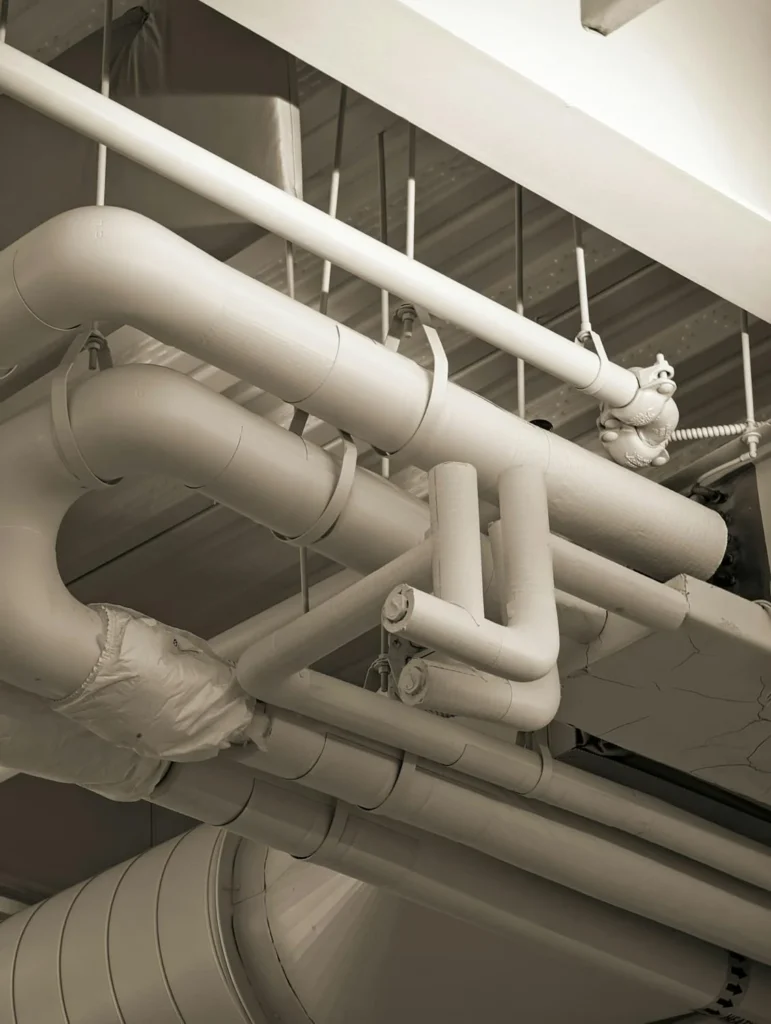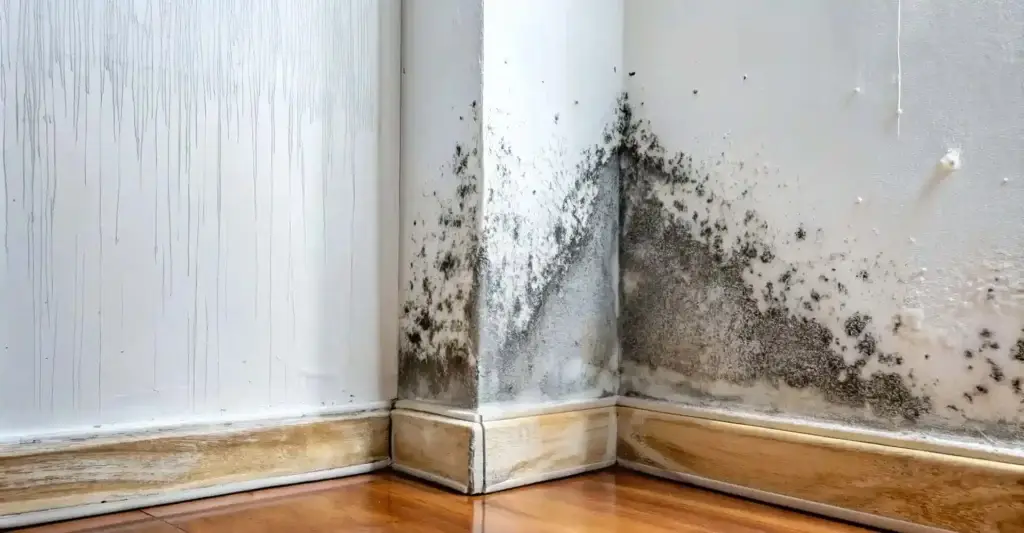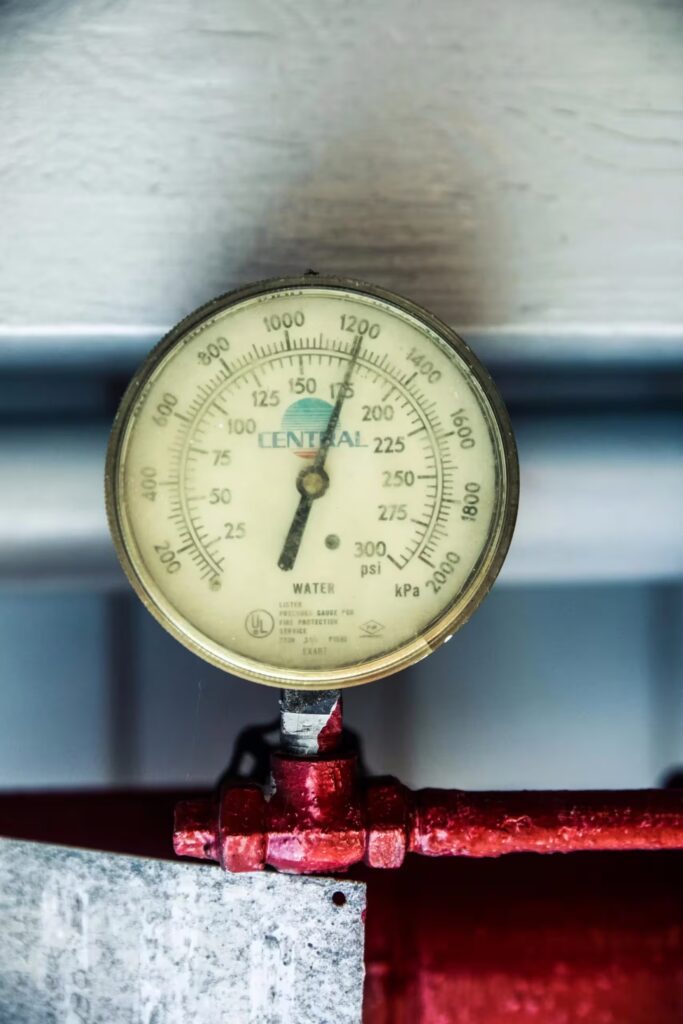Quick answer
Oil spills are a significant environmental hazard, occurring not only in marine environments but also on land from leaking tanks, industrial accidents, and transport incidents across the UK. Untreated, they cause severe water and soil contamination, devastate wildlife, and incur substantial financial penalties. Cleaning them requires a multi-faceted approach, including containment and absorption, bioremediation (using microorganisms), and for hard surfaces, high-pressure washing. Professional oil spill clean-up services are essential due to the complexity, dangers, and strict UK environmental regulations. Experts provide rapid response, specialist techniques, certified waste disposal, and post-clean-up verification to ensure thorough decontamination and prevent long-term environmental and legal repercussions.
What’s an oil spill?
Oil spills are a major environmental hazard, often associated with marine disasters, but they can happen anywhere oil is used or stored. From industrial facilities and construction sites to roadways and agricultural land, oil spills pose a serious threat to ecosystems, human health, and local economies, making professional oil spill cleaning services essential.
In the UK, the Environment Agency responds to hundreds of oil pollution incidents each year, with spills affecting rivers, soil, and groundwater. The consequences of an untreated oil spill can be severe, leading to contamination of drinking water, destruction of habitats, and significant financial penalties for businesses responsible.
Understanding how oil spills occur, their effects, and the best methods for cleaning them up is essential for businesses, landowners, and environmental agencies alike.
How do oil spills happen?
Oil spills can occur in a variety of settings, from industrial accidents to vehicle collisions and leaking storage tanks. Some of the most common causes of oil spills in the UK include:
- Leaking fuel tanks: Domestic and commercial oil storage tanks degrade over time, leading to leaks that contaminate soil and groundwater.
- Industrial and commercial spills: Factories, power plants, and construction sites use large amounts of oil, increasing the risk of accidental spills.
- Transport accidents: Lorries, tankers, and other vehicles carrying oil or fuel can suffer mechanical failures or crashes, leading to hazardous spills on roads and waterways.
- Illegal disposal: In some cases, oil is improperly disposed of, leading to environmental damage and costly clean-ups.
Regardless of the cause, swift action is necessary to minimise damage and prevent long-term contamination.
Effects of oil spills on the environment
The impact of an oil spill varies depending on its size, location, and the type of oil involved. However, some of the most common consequences include:
1. Water contamination
Oil spills in rivers, lakes, or coastal waters can quickly spread, harming aquatic life and making water sources unsafe for human use. Just one litre of oil can contaminate up to one million litres of water, making clean-up efforts incredibly challenging.
2. Soil and groundwater pollution
When oil seeps into the ground, it can contaminate soil and underlying water sources, making land unsuitable for agriculture and harming local wildlife. In the UK, landowners are legally responsible for remediating any oil pollution on their property.
3. Harm to wildlife
Oil spills can have devastating effects on wildlife, particularly birds and marine animals. Oil coats feathers and fur, reducing insulation and buoyancy, leading to hypothermia, poisoning, and death.
4. Economic impact
From clean-up costs to fines and reputational damage, businesses responsible for oil spills face significant financial consequences. In the UK, organisations can be prosecuted under environmental laws, with fines reaching into the millions if negligence is proven.
How are oil spills cleaned up?
Oil spill clean-up requires a combination of methods to ensure complete removal and environmental restoration. The best approach depends on the type of oil, the location of the spill, and the extent of contamination.
1. Containment and absorption
The first step in any oil spill response is containment. Booms and absorbent materials are used to prevent the spread of oil, especially in water-based spills.
2. Bioremediation
Bioremediation is an advanced clean-up technique that uses naturally occurring microorganisms to break down oil into harmless by-products. This method is highly effective for soil and water contamination and is widely used in the UK.
3. High-pressure washing and steam cleaning
For spills on hard surfaces such as roads and industrial sites, high-pressure washing and steam cleaning can help lift oil from surfaces, allowing for easier removal.
4. Chemical dispersants
In some cases, chemical dispersants are used to break oil into smaller particles, allowing for quicker natural degradation. However, this method must be used carefully, as some dispersants can have environmental risks.
5. Excavation and soil replacement
For severe land contamination, removing affected soil and replacing it with clean material may be necessary. This is often the last resort when other remediation techniques are not effective.
The importance of professional clean-up services
Oil spills require rapid and professional intervention to prevent widespread damage. Attempting to clean up an oil spill without the right equipment and expertise can lead to incomplete removal, prolonged contamination, and legal repercussions.
Professional oil spill clean-up companies in the UK, such as Ideal Response, offer 24/7 emergency services to contain, clean, and decontaminate spill sites efficiently. Our services include:
- Rapid spill response to minimise damage and prevent contamination from spreading.
- Specialist bioremediation techniques to break down oil safely and effectively.
- Certified waste disposal to ensure compliance with environmental regulations.
- Post-clean-up verification to confirm that the site is fully decontaminated and safe.
What are the legal implications of an oil spill in the UK?
In the UK, oil spills are subject to strict environmental regulations under laws such as:
- The Environmental Protection Act 1990: Holds businesses and landowners responsible for contamination caused by oil spills.
- The Water Resources Act 1991: Prohibits the discharge of oil into watercourses, with severe penalties for violations.
- The Control of Pollution (Oil Storage) Regulations 2001: Requires proper oil storage to prevent leaks and spills.
Failure to follow these laws can result in heavy fines and legal action, making it essential for businesses to have proper spill prevention measures in place.
Preventing oil spills: Best practices for businesses
Prevention is always better than cure. Businesses and individuals can reduce the risk of oil spills by:
- Regularly inspecting storage tanks for leaks and signs of wear.
- Ensuring proper disposal of waste oil through licensed waste carriers.
- Implementing spill response plans and training staff on emergency procedures.
- Using secondary containment (such as bunded tanks) to catch leaks before they become spills.
- Maintaining equipment to prevent accidental leaks and spills.
What next?
Oil spills are a serious environmental and financial risk, with long-lasting consequences if not addressed promptly. Understanding how oil spills occur, their potential impact, and the correct clean-up procedures is crucial for protecting the environment and avoiding legal penalties.
For businesses and landowners dealing with an oil spill, seeking professional clean-up services is the safest and most effective way to ensure complete decontamination. Ideal Response provides expert oil spill remediation across the UK, helping to restore affected areas quickly and safely.
Don’t let an oil spill become a disaster. Contact one of the Ideal Response team for emergency clean-up and professional remediation services.
Oil spills: Frequently asked questions
What is an oil spill and where can they occur in the UK?
An oil spill is a major environmental hazard involving the release of oil, often associated with marine disasters, but can happen anywhere oil is used or stored, including industrial facilities, construction sites, roadways, agricultural land, and from domestic or commercial leaking fuel tanks across the UK.
What are the main causes of oil spills in homes or businesses?
Main causes of oil spills in the UK include leaking fuel tanks (domestic and commercial), industrial and commercial accidents at factories or power plants, transport accidents involving vehicles carrying fuel, and instances of illegal disposal of oil.
What are the environmental impacts and dangers of an oil spill?
The environmental impacts of an oil spill include severe water contamination (one litre can contaminate one million litres), soil and groundwater pollution, and devastating harm to wildlife (coating feathers/fur, poisoning). They also carry significant economic consequences through clean-up costs, fines, and reputational damage.
How are oil spills cleaned up and contained effectively?
Oil spills are cleaned up using a combination of methods. The first step is containment and absorption using booms and absorbent materials. Other methods include bioremediation (microorganisms breaking down oil), high-pressure washing and steam cleaning for hard surfaces, sometimes chemical dispersants (used carefully), and in severe cases, excavation and soil replacement.
Why is professional oil spill clean-up essential in the UK?
Professional oil spill clean-up is essential in the UK to prevent widespread damage, ensure complete removal of contaminants, and avoid severe legal repercussions under strict environmental laws. Professionals offer rapid response, specialist bioremediation techniques, certified waste disposal, and post-clean-up verification for thorough decontamination.
What are the legal implications of an oil spill for UK landowners or businesses?
In the UK, oil spills are subject to strict environmental regulations. Landowners and businesses can be held legally responsible for contamination under acts like the Environmental Protection Act 1990 and the Water Resources Act 1991. Failure to comply can result in heavy fines, potentially reaching millions, and legal action.
Why should I hire a professional for oil spill clean-up rather than doing it myself?
You should hire a professional for oil spill clean-up because attempting it yourself without the right equipment and expertise can lead to incomplete removal, prolonged contamination, and significant legal repercussions. Professionals possess the necessary knowledge and tools for safe, effective, and compliant remediation.

Andy Garside - Operations Director
Andy brings over 30 years of extensive experience in disaster response and hazardous waste management. With a career deeply rooted in environmental and pollution incident response, Andy possesses thorough technical knowledge of hazardous materials and waste industry operations. Andy ensures the highest standards of safety, compliance, and environmental responsibility across a wide range of complex remediation and decontamination projects. For Andy, operational excellence means not just protecting assets, but also safeguarding public health and the environment, even in the most high-pressure situations.





















